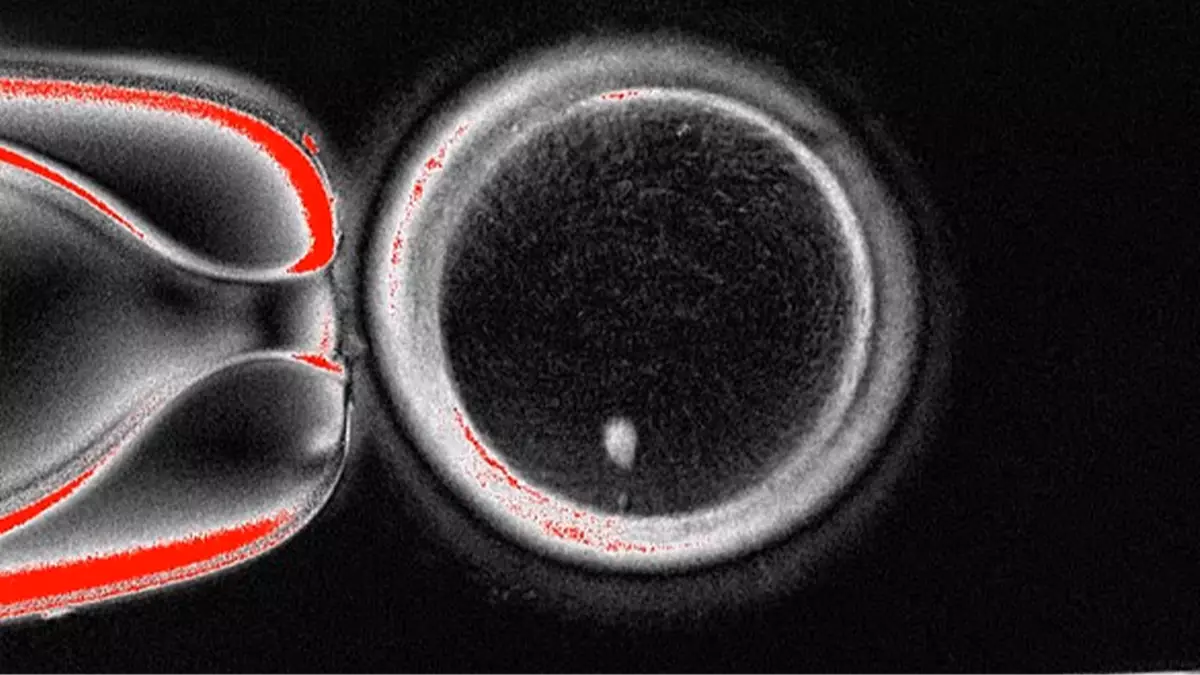Scientists claim ‘babies could be born without biological mothers’ after making medical breakthrough
By Callum Jones
Copyright unilad

In an unprecedented breakthrough, scientists are claiming ‘babies could be born without biological mothers’ in the future.
As part of a new study, experts were able to create egg-like cells using DNA from ordinary skin cells that are remarkably capable of fertilising.
The incredible breakthrough could see a man’s skin cells placed inside a donor egg, before being fertilised by a fellow male.
It suggests a real possibility that two men could have a baby without any DNA required from a woman. However, such a breakthrough could still be 10-15 years down the line if it does come to fruition.
The scientists also face key challenges and ethical considerations to take into account, though the breakthrough concept does provide hope for a breakthrough in terms of infertility in the future.
Endocrinologist Paula Amato, from Oregon Health & Science University, told ScienceAlert: “We can harness the cellular machinery of the mature oocyte to essentially reprogram a somatic cell rather than relying on months of cell culture to produce induced pluripotent stem cells.
“It theoretically saves time and potentially results in fewer genetic and epigenetic aberrations.”
Further research will see experts look into the possibility of how women experiencing problems with their eggs could have their own biological children in the future.
Deputy Director of MRC Centre for Reproductive Health at the University of Edinburgh in the UK, Richard Anderson, said (as per the Daily Mail): “Many women are unable to have a family because they have lost their eggs, which can occur for a range of reasons including after cancer treatment.
“The ability to generate new eggs would be a major advance. This study shows that the genetic material from skin cells can be used to generate an egg–like cell with the right number of chromosomes to be fertilised and develop into an early embryo.”
The expert, who was not involved in the study, added: “There will be very important safety concerns but this study is a step towards helping many women have their own genetic children.”
Millions across the globe are impacted by infertility, which is officially defined as being unable to conceive after 12 months of trying for a baby.
So, the latest developments could be a lifesaver for many Americans hoping to start a family.
As per ScienceAlert, fertility specialist Ying Cheong said: “For the first time, scientists have shown that DNA from ordinary body cells can be placed into an egg, activated, and made to halve its chromosomes, mimicking the special steps that normally create eggs and sperm.
“While this is still very early laboratory work, in the future it could transform how we understand infertility and miscarriage, and perhaps one day open the door to creating egg- or sperm-like cells for those who have no other options.”



